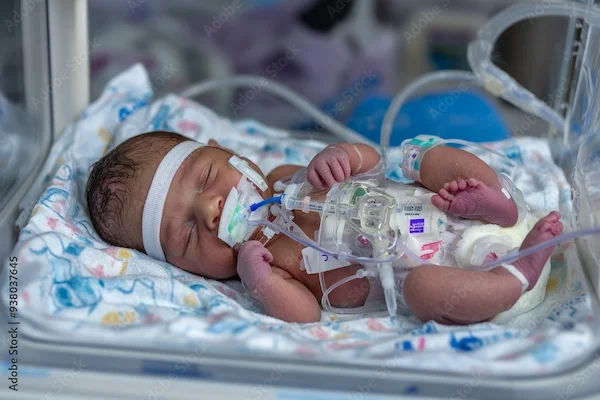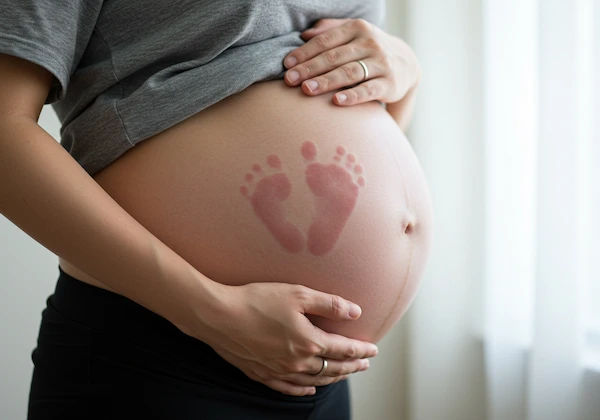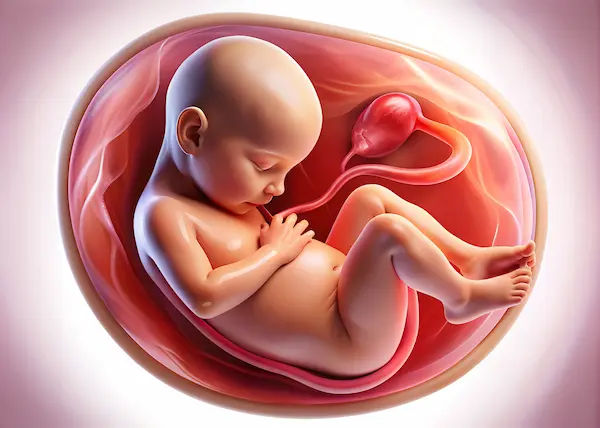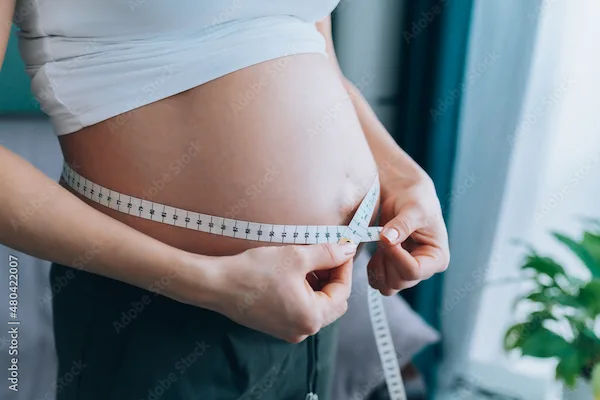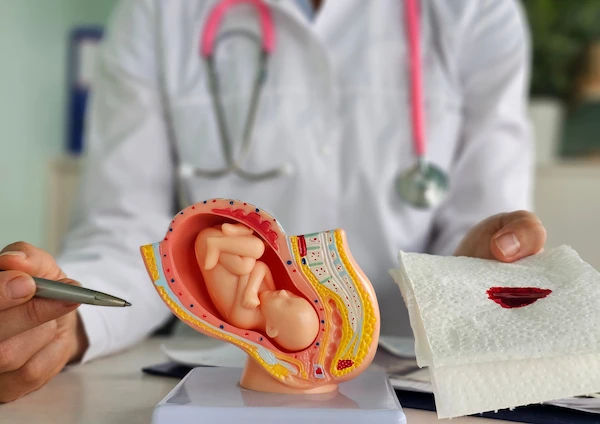Understanding Conception Basics
Know about the conception basics, what is it, key factors affecting, lifestyle changes for boosting health and fertility tests and more.


Trying to conceive can be an exciting yet overwhelming journey, especially if you're just starting. Whether you're planning for a baby or simply curious about how conception works, understanding the basics can help you make informed decisions. This article breaks down the process in simple terms, explains factors that influence conception, and offers tips to improve your chances of a healthy pregnancy.
What Is Conception?
Conception is the moment when a sperm fertilises an egg, leading to the formation of an embryo. This is the first step in pregnancy. For conception to happen, several biological processes must align perfectly:
1. Ovulation – A woman’s ovary releases a mature egg.
2. Fertilisation – A sperm meets and penetrates the egg in the fallopian tube.
3. Implantation – The fertilised egg travels to the uterus and attaches to the uterine lining.
If all goes well, this leads to pregnancy. However, many factors influence whether conception occurs successfully.
Consult an Obstetrician for Personalised Advice
Key Factors Affecting Conception
1. Timing: Knowing Your Fertile Window
A woman is most fertile during ovulation, which typically happens around day 14 of a 28-day menstrual cycle. However, cycles vary, so tracking ovulation can help.
Signs of ovulation include:
Mild pelvic pain (mittelschmerz)
Increased cervical mucus (clear and stretchy, like egg whites)
A slight rise in basal body temperature
Tips for timing conception:
Have intercourse every 1-2 days during the fertile window (3-5 days before and on ovulation day).
Use ovulation predictor kits (OPKs) or fertility apps to track cycles.
2. Sperm Health Matters Too
Conception isn’t just about the egg—healthy sperm is crucial. Factors affecting sperm health include:
Count: At least 15 million sperm per millilitre is considered normal.
Motility (Movement): Sperm should swim well to reach the egg.
Morphology (Shape): Properly shaped sperm have a better chance of fertilisation.
Ways to improve sperm health:
Avoid smoking, excessive alcohol, and drugs.
Maintain a healthy weight.
Wear loose underwear to prevent overheating.
3. Age and Fertility
Women: Fertility declines after age 35, with a sharper drop after 40.
Men: Sperm quality decreases with age, though men can remain fertile longer than women.
If you're over 35 and trying for 6 months without success, consider consulting a doctor.
4. Underlying Health Conditions
Certain conditions can affect fertility:
Polycystic Ovary Syndrome (PCOS) – Causes irregular ovulation.
Endometriosis Can block the fallopian tubes.
Low Sperm Count or Erectile Dysfunction – Affects male fertility.
If you suspect any issues, a doctor can help diagnose and treat them.
Lifestyle Changes to Boost Fertility
The lifestyle changes include:
1. Eat a Balanced Diet
For women: Folic acid (found in leafy greens, beans), iron, and omega-3s support reproductive health.
For men: Zinc (found in nuts, seeds) and antioxidants (berries, citrus fruits) improve sperm quality.
2. Maintain a Healthy Weight
Being underweight or overweight can disrupt hormone balance.
Aim for a BMI between 18.5 and 24.9 for optimal fertility.
3. Exercise Moderately
Too much intense exercise can reduce fertility in women.
Moderate activity (walking, yoga) helps maintain hormonal balance.
4. Reduce Stress
High stress affects ovulation and sperm production.
Try relaxation techniques like meditation, deep breathing, or gentle exercise.
5. Avoid Harmful Substances
Smoking reduces fertility in both men and women.
Alcohol in excess can lower sperm count and disrupt ovulation.
Caffeine (more than 2 cups/day) may affect conception.
When to Seek Help?
If you’ve been trying for a baby without success, here’s when to consult a doctor:
Under 35: Try for 12 months before seeking help.
Over 35: See a doctor after 6 months of trying.
Irregular periods, known fertility issues, or past miscarriages? Consult sooner.
Fertility Tests Available
For Women: Blood tests (hormone levels), ultrasound (ovarian reserve), HSG (fallopian tube check).
For Men: Semen analysis (sperm count, motility).
At Apollo 24|7, you can book fertility consultations and tests easily from home.
Final Thoughts
Conception is a natural process, but it doesn’t always happen immediately. Understanding your body, maintaining a healthy lifestyle, and seeking help when needed can improve your chances. Remember, every couple’s journey is unique—stay patient and positive!
Consult an Obstetrician for Personalised Advice
Consult an Obstetrician for Personalised Advice

Dr. Sanjan Das
Obstetrician and Gynaecologist
15 Years • MBBS,MS
Bengaluru
Apollo Clinic, Sarjapur Road, Bengaluru

Dr. Asha Rani Singh
Obstetrician and Gynaecologist
24 Years • MBBS DGO
Delhi
Dr Asha Rani Singh Clinic, Delhi

Dr. Mona Yadav
Obstetrician and Gynaecologist
19 Years • MBBS, MD (Obstetrics & Gynaecology)
Dombivli
Nulife multispeciality, Dombivli

Dr. Parul Sharma
Obstetrician and Gynaecologist
8 Years • MBBS, MS (Obstetrics & Gynaecology)
New Delhi
THE DOCTORS NESST, New Delhi
Dr. K Anusha
Obstetrician and Gynaecologist
4 Years • MBBS, DGO
Yemmiganur
SRINIVASAA HOSPITAL, Yemmiganur
